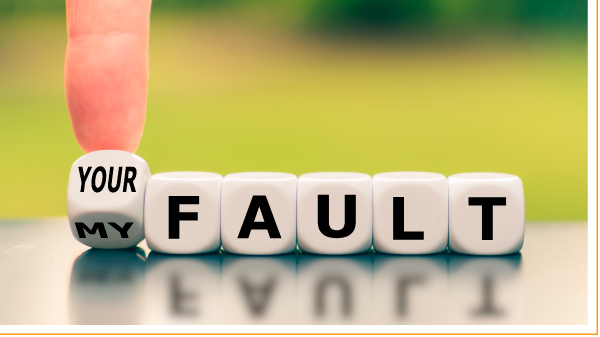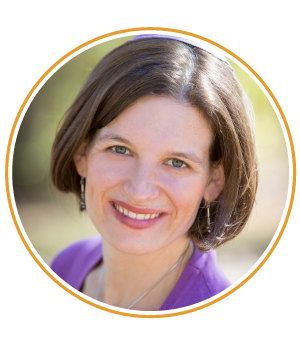 This week we continue to stand on the shores of the Jordan river reviewing the rules and laws. As part of the review, Moses reminds us of the blessings and curses that await us.
This week we continue to stand on the shores of the Jordan river reviewing the rules and laws. As part of the review, Moses reminds us of the blessings and curses that await us.
Chapter 28 begins with 14 verses telling us of all the blessings we will receive if we choose to walk in God’s ways (follow the Commandments). Our harvest, animals, and fertility will be blessed and bountiful, we will overcome any enemy put in front of us, and we will live a generally blessed life. If, however, we stray from the path (do not follow the Commandments), the next 55 verses warn of all that will befall us. The skies will rain sand instead of water; the earth, our animals, and humanity will be barren; we will be plagued by sickness, panic, and wars; we will fall to our enemies and live in perpetual fear. Looking around at our world today, it would be easy to surmise that we are living in the cursed world described in Deuteronomy 28:15-69. We are experience severe draughts and fires around the world, battling a pandemic that has killed almost 4.5 million people, watching our Israeli siblings being attacked by rockets, and seeing democracies around the world falling and/or being threatened. It seems that each day a new crisis manifests itself.
In short, we are witnessing the destruction of our physical, political, and emotional safety. Any one of these issues is enough to make us want to hide under the covers for the next year. It is easy to conclude that God must have cursed us and abandoned and our planet us to fend for ourselves. But we Jews are a unique people. When we are down and out, we don’t blame our enemies nor speak of God abandoning us, rather we speak of God being directly involved in our suffering and we blame ourselves for it. This is the epitome of Jewish guilt- believing that the death and destruction we see around us is OUR fault- if only we would follow God’s laws more closely, these curses would not befall us. While this theology is hard for many of us to accept today, (especially after the horrors of the Holocaust where Jews were slaughtered for no other reason than they were Jewish) this theology also helped us survive throughout the millennia.
If, every time we lost a battle, we accused God of abandoning us, or blamed it on the other side, claiming that they are, “better/stronger than us” (or in ancient terms, having a stronger God than us) than we would render ourselves helpless to change the situation. Instead, we believe that when we lose, it is not due to God’s abandonment nor the great strength of the other side, but due to our own spiritual shortcomings and missteps. This allow is US to retain the power to do better and create a better outcome. If we lost because we are physically weaker, we might as well give up, but if we lost because our God is mad at us and wants to teach as a lesson, then, by changing our own behavior, we can also change the outcome.
What an awesome power to have! All we need to do is obediently follow God’s commandments and everything will turn out great. But, of course, we know that the world doesn’t actually work like this; too often good people suffer hardships and seemingly bad people suffer no negative repercussions.
Maybe the blessings and curses are less about what actually happens to us, but more about how we choose to respond to and understand it. My beloved grandmother always taught me that while we often can’t control the circumstances around us, we are always in control of our responses and reactions. How do we view the world- are we cursed creatures with no agency to change the outcome of our sad trajectory, or are we empowered partners of God that see blessings and gratitude all around us, even in our imperfect world?
Clearly there are lots of serious challenges in our very imperfect world, but rather than seeing it as God’s punishment for our disobedience, we can instead see it as the result of a series of poor human decisions. While it still puts the onus of behavioral change on us, it also allows us to continue to find blessing and beauty in God’s world amidst the challenges. It allows us to see God as continuing to be by our side, encouraging and empowering us to make the changes that will help to bring about the world that we desire. God is not punishing us, we are being punished as a result of actions we (as humanity) have taken- God remains steadfastly by our side- encouraging us to be, and do, better. Rather than turning away from us in our time of need, God walks this path with us, cries with us, and continues to give us the strength to work towards a better tomorrow.

The views and opinions expressed in this article are those of the author(s) and do not necessarily reflect the official policy or position of the World Union for Progressive Judaism (WUPJ).
